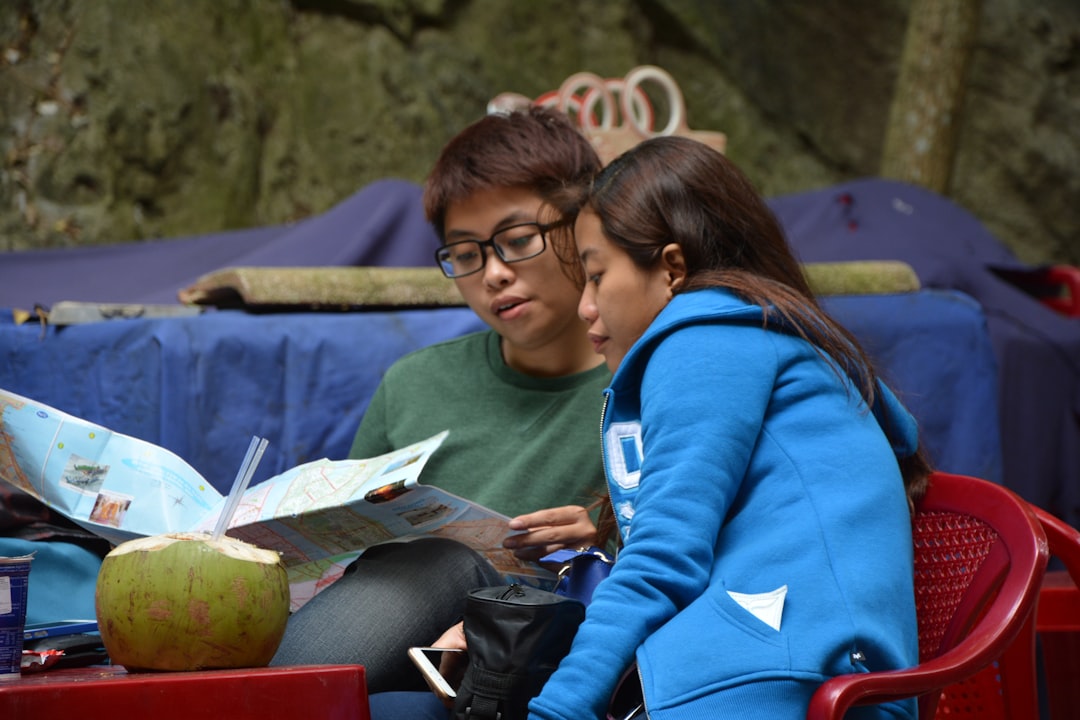What is it about?
In the growing field of volunteer tourism research, studies have investigated participant motivations and the benefits accruing to both travellers and the community, as well as undertaking critical assessments of the phenomenon. Comparatively little attention has been paid to changes associated with the post-volunteer period and particularly to the likelihood of volunteer tourists making contributions within their home communities. Using the Expectancy-Disconfirmation Paradigm, this study explores the impacts of the volunteer tourism experience on the intentions of volunteer tourists to undertake other variants of volunteering post-trip. The expectations of respondents and their volunteering disconfirmations were measured over the course of travel using a two-round online survey to study the effects of these constructs on respondent intentions to volunteer in their home communities. No strong evidence was found that volunteer tourism acts as a recruitment medium for future volunteering. The research concludes by restating the unresolved question of whether the weak links between volunteer tourism and home community volunteering symptomatise the shallowness of a phenomenon that benefits the privileged or whether volunteer tourism provides a genuine mechanism for developing global citizens who think global and act local.
Featured Image
Read the Original
This page is a summary of: Going global, acting local: volunteer tourists as prospective community builders, Tourism Recreation Research, October 2017, Taylor & Francis,
DOI: 10.1080/02508281.2017.1391449.
You can read the full text:
Contributors
The following have contributed to this page










